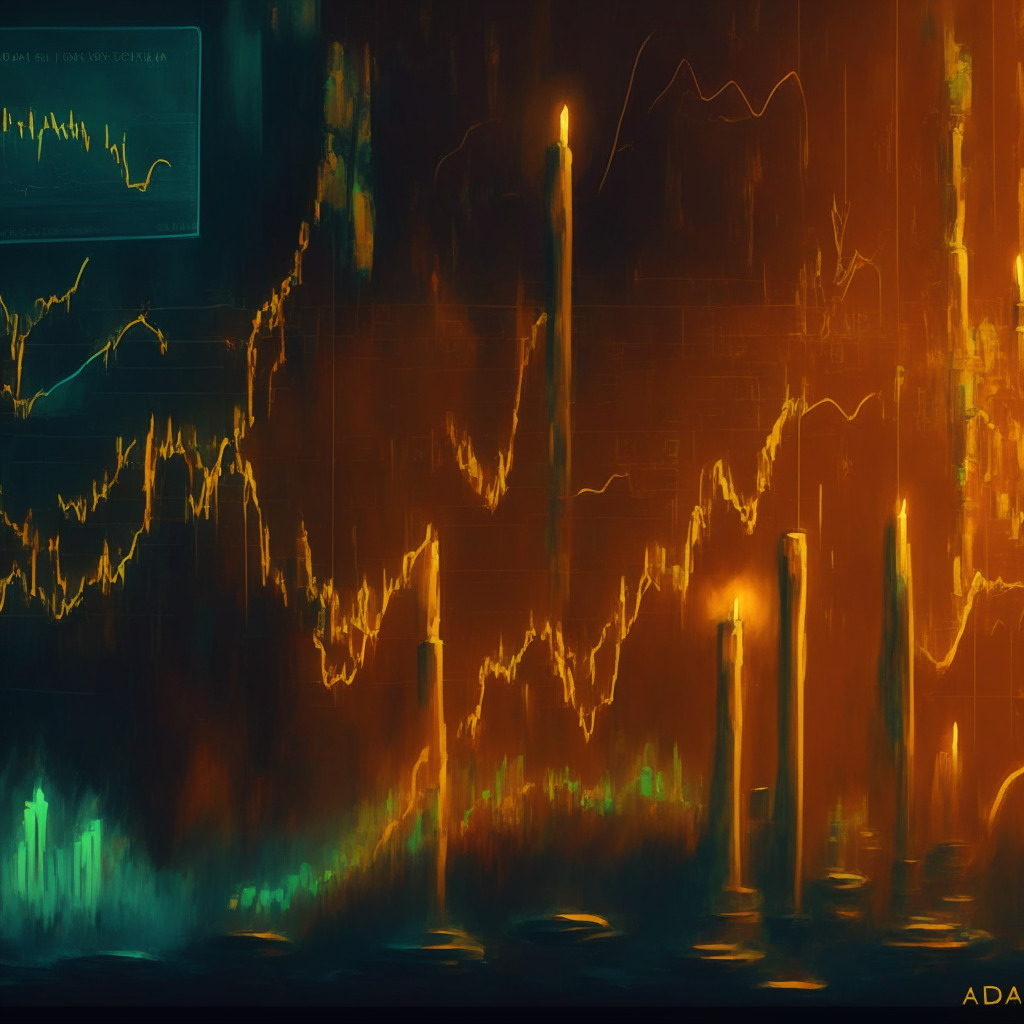Amid concerns regarding crypto U.S. regulation and a revived bear market, an email from the digital assets team of a major international investment bank presented a contrarian indicator, reminding not to view this industry exclusively from a U.S. perspective. The subject: “Major global study reveals pension funds, fund managers, other institutional investors and wealth managers are positive on digital assets and plan to invest.”
Reading this felt like Bizarro cryptoland, as if entering a separate parallel universe where everything is opposite. For example, investment institutions are now fearful of publicly showing their interest in cryptocurrency to avoid becoming a target for anti-crypto groups.
However, this legitimate survey presents some significant findings. Conducted by Laser Digital, the digital assets team at Nomura, the survey covered pension funds, wealth managers, family offices, hedge funds, investment funds, insurance asset managers, and sovereign wealth funds responsible for approximately $4.956 trillion in assets.
Key results include:
– 96% see digital assets as an investment diversification opportunity
– 91% view digital assets as helping produce “all-weather” income strategies to address inflation risks and fiat currency debasement
– 82% are positive about the digital asset class, especially Bitcoin and Ethereum, over the next 12 months
– Only 3% have negative expectations for the sector, while 15% remain neutral
Though there are implementation challenges with regulation being a primary concern, these numbers show a surprisingly positive response from an industry often hesitant to publicly share its views on crypto.
This increased understanding and conviction of cryptocurrency among institutions indicates more awareness and education in the sector. As a global study, this survey provided insights from diverse institutional structures, ownership formats, and locations, showcasing a broader perspective on the industry than simply hearing from U.S. banks and fund managers.
This differing point of view partly emerges from more constructive government approaches in financial centers like Hong Kong, Dubai, Singapore, London, Bermuda, Switzerland, and Paris. Each of these centers has taken steps to create legislative frameworks for digital assets, enabling innovation while maintaining varying levels of strict compliance requirements.
As the pendulum swings back toward integrating blockchain technology into the existing financial system, interest in tokenizing “real-world assets” is being sustained and spurred on. This is especially relevant for institutions with assets ripe for tokenization. It is worth noting that survey respondents also expressed interest in Bitcoin as a hedge against fiat currency risks.
As the rest of the world dives into the crypto market, it seems unlikely for the U.S. to remain isolated. So, despite the current angst, there is a way out of this conundrum.
Source: Coindesk




